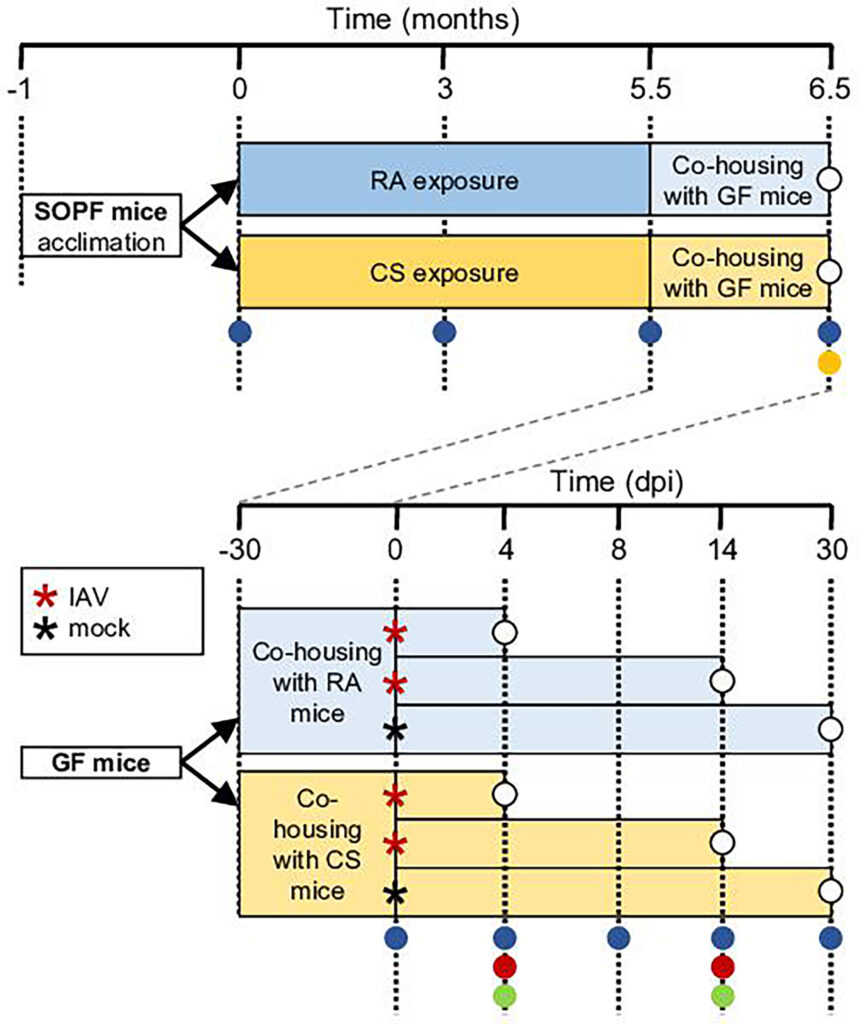Smoking has long been known to have detrimental effects on health, particularly on the respiratory system. However, a new study has shed light on another concerning aspect of cigarette smoke – its impact on the oropharyngeal microbiota and its role in exacerbating influenza A virus infections. The research, published in the journal mSystems, highlights the link between cigarette smoke exposure and the severity of flu infections.
Previous studies have shown that cigarette smoke can disrupt the composition of the oropharyngeal microbiota, which includes the soft palate, throat walls, tonsils, and back of the tongue. This disruption can have far-reaching consequences on respiratory health, increasing the risk of chronic pulmonary diseases and respiratory infections.
In this new study, researchers exposed mice to cigarette smoke to observe the effects on their gut and oropharyngeal microbiota. They then transferred the microbiota from smoke-exposed mice to germ-free mice and infected them with influenza A virus. The results were striking – mice that received bacteria from smoke-exposed donors experienced a more severe course of the flu, as evidenced by increased weight loss.
The study also revealed significant changes in the oropharyngeal microbiota composition in response to virus infection, particularly at days four and eight post-infection. This suggests that the disordered microbiota induced by cigarette smoke plays a crucial role in aggravating the severity of flu infections.
Lead author Markus Hilty, Ph.D., emphasized the importance of considering the impact of microbiota disarray in addition to the direct effects of smoking on respiratory health. “It is not only the smoking per se that impacts respiratory disease, but our data indicate that the smoker’s microbiota may also impact respiratory disease and/or infection. In our case, it impacts viral infection,” he explained.
This study underscores the need to further investigate the intricate relationship between cigarette smoke, microbiota composition, and respiratory infections. Understanding these mechanisms could lead to new strategies for mitigating the harmful effects of smoking on respiratory health.
For more information, the study titled “Cigarette smoke-induced disordered microbiota aggravates the severity of influenza A virus infection” can be accessed in the journal mSystems. (DOI: 10.1128/msystems.00790-24).
This research was conducted by the American Society for Microbiology, and further details can be found on their website.







